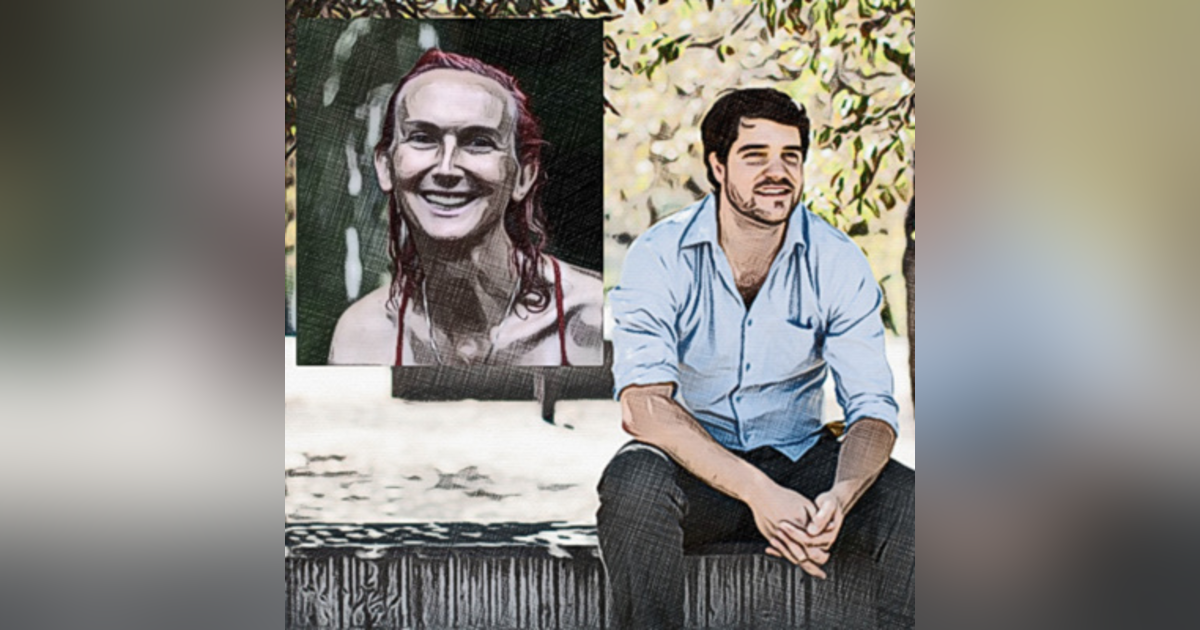#83: Diversity, inclusion and veterinary euphoria. With Dr Kate Toyer and Dr Cam Raw

This episode is supported by Animal Emergency Services Tanawha, part of the AEA group. If you're interested in the career opportunity discussed in this episode contact us at vetvaultpodcast@gmail.com to find out more.
Dr Kate Toyer graduated as a vet in 1995, got married in 1996 and bought shares in a veterinary practice with her partner in 2000. In 2007 she gained Memberships of the ANZCVS in Veterinary Surgery and also the College Prize for her work on developing one of the first interactive online courses with the then PGF. (Sydney University CVE). She and her partner had 3 children, and what looked like the perfect veterinary life. But Kate felt like a fraud because the person living this dream life was a man called Adam. In 2011 Kate told her wife she wasn’t a “normal” guy, and in 2015 she started HRT and publicly transitioned, becoming the only 'out' trans female veterinarian in the world at the time. In 2016 Kate founded Australian Rainbow Veterinarians and Allies, a support and advocacy organisation for LGBTIQA+ people in the veterinary industry which she currently leads. In 2021 she joined forces with Dr Cam Raw to start The Veterinary Kaleidoscope Podcast where they explore the experiences of people from diverse backgrounds in the veterinary world.
Dr Cam is a Palawa man with family links to the far south of Lutruwita (Tasmania). In the nine years since graduating he’s worked in cattle practice in Victoria, mixed practice in the UK, remote small animal practice in the Northern Territory and now in a teaching and research role in Melbourne. Providing veterinary care and building relationships in remote communities across the Top End have provided pathways to explore his cultural identity in ways he never imagined growing up, and a big focus of his current work relates to Indigenous representation, mental well-being and diversity and inclusion.
Kate and Cam are the perfect guides through this conversation about inclusion and diversity, including what these terms mean, whether they are the same thing, how the vet profession fairs when it comes to being inclusive, and how we can get better at it. Dr Kate shares her story and tells us about how something called 'gender dysphoria' has parallels in the veterinary profession and how can choose euphoria. Cam tells us about the rediscovery of his own indigenous Australian culture, how his career journey deviated out of standard clinical practice and his work in remote Australian communities, and I get to ask all the questions you've probably always wanted to ask!
Attend the Veterinary Kaleidoscope Summit 2023, Australia's first-ever summit dedicated to exploring diversity and inclusion in veterinary science on 27 and 28 February.
Increase your knowledge, skills and confidence with our short and sharp highly practical clinical podcasts at vvn.supercast.com.






